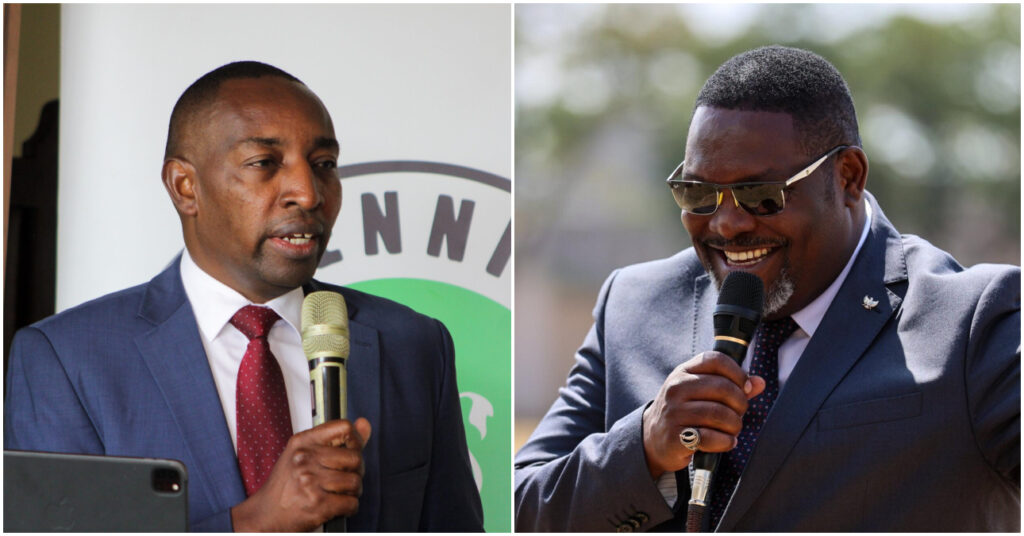The Sports Dispute Tribunal (SDT) has issued a stern directive to the National Olympic Committee of Kenya (NOC-K), mandating that the long-awaited elections scheduled for June 19 be conducted without fail. Should NOC-K fail to adhere to this order, the Ministry of Sports may be compelled to establish a normalization committee to oversee the body’s operations.
This decisive move comes in the wake of the SDT’s dismissal of a petition questioning the legitimacy of the current NOC-K Executive Board. The tribunal confirmed that the board’s tenure had indeed expired, raising critical issues about the legitimacy of their continued stay in office. However, it acknowledged that their continued service pending elections was justified to ensure organizational continuity and to avoid a governance vacuum.
The tribunal’s ruling also addressed numerous claims brought forward by stakeholders, particularly focusing on the reasons behind the initial postponement of the elections from April 24. The delay had stoked tensions within Kenya’s sporting community, with fears that unresolved leadership issues could invite external intervention or sanctions.
With 13 elective positions open, the upcoming polls are expected to shape the future direction of sports administration in the country. The presidential race is especially significant, featuring two key figures: Francis Mutuku, the outgoing Secretary General, and Shadrack Maluki, the outgoing First Vice President. Mutuku is running on a platform centered around innovation and athlete-focused policies, while Maluki, who led the Kenyan delegation to the Paris 2024 Olympics as Chef de Mission, is advocating for broad-based institutional reform.
Another closely watched contest is for the First Deputy President’s role, where Boxing Federation of Kenya President Anthony Otieno Ombok, popularly known as Jamal, is squaring off against Barnaba Kipyego Korir of Athletics Kenya. Korir, renowned for his work in youth talent development, has previously served in NOC-K’s executive and holds considerable experience in sports leadership.
The elections represent a crucial inflection point for Kenyan sports governance. Transparent and efficient execution will not only restore confidence in the NOC-K but also affirm the country’s commitment to upholding democratic principles in sports leadership. The SDT’s ultimatum underscores the urgency of resolving internal disputes and moving forward with a legitimate leadership team capable of steering Kenyan athletes toward future success.
Failure to conduct credible elections may lead to significant consequences, including potential sanctions from the International Olympic Committee (IOC), which has already expressed concerns about leadership instability in Kenya. The situation now places a spotlight on NOC-K’s ability to rise to the occasion and demonstrate a commitment to good governance, transparency, and accountability.

